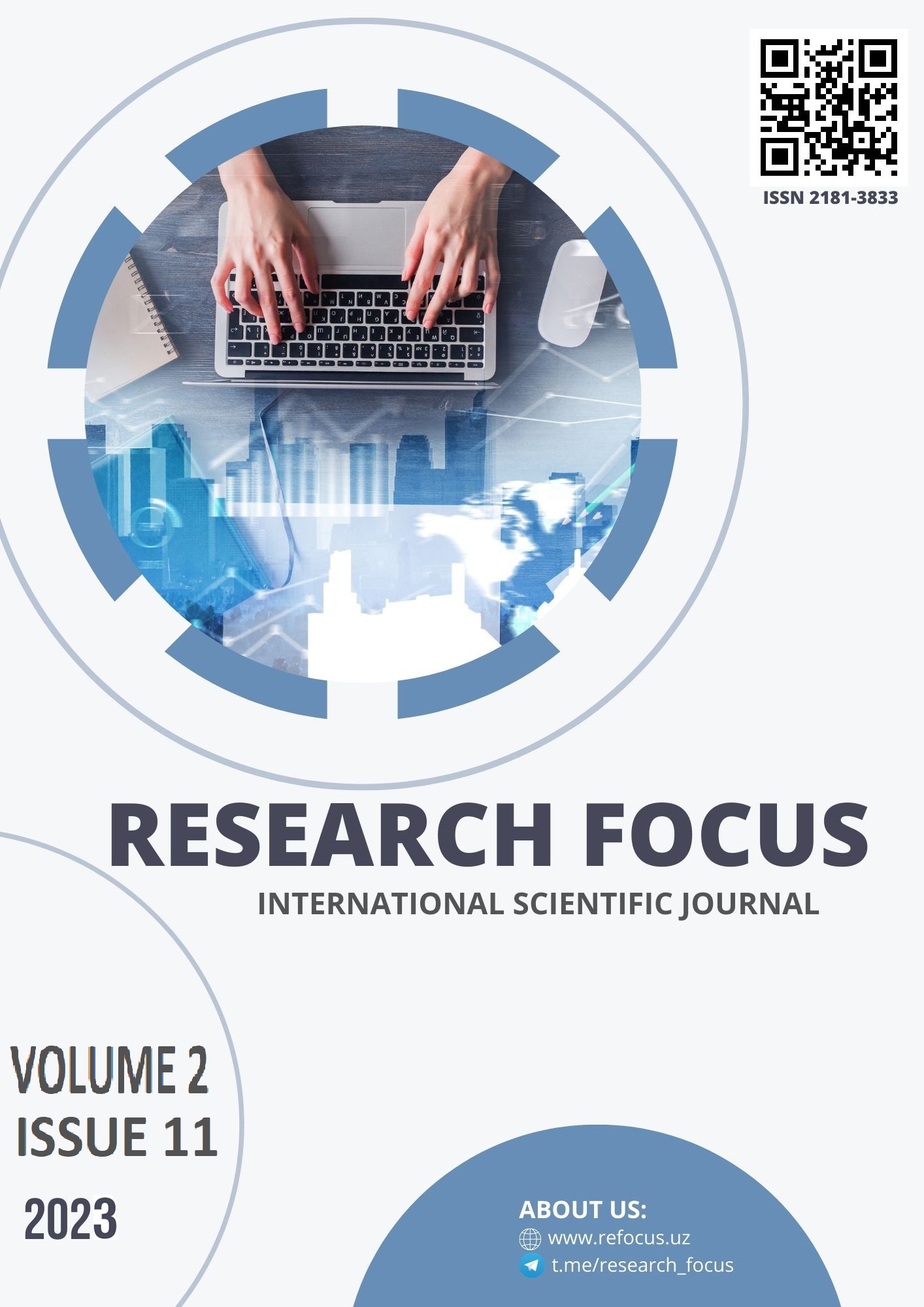AKADEMIK IQTIDORLI O’QUVCHILARDA TA’LIM JARAYONINI TASHKIL ETISHNING PSIXOLOGIK ASOSLARI
Main Article Content
Abstract
Maqolada akademik iqtidorli o’quvchilarda o'quv jarayonini tashkil etishning psixologik asoslari o'rganiladi. Akademik iqtidorli shaxslarning o'ziga xos ehtiyojlari va xususiyatlarini tan olgan holda, ushbu tadqiqot samarali ta'lim strategiyalari va ularning rivojlanishini qo'llab-quvvatlashga qaratilgan tadbirlar haqida tushuncha berishga qaratilgan. Psixologik nazariyalar va tadqiqotlarga tayangan holda, maqola individuallashtirilgan ta'lim, tabaqalashtirilgan o'quv dasturi va ijtimoiy-emotsional qo'llab-quvvatlash muhimligini ta'kidlaydi. U o'qituvchilarning akademik iqtidorli o’quvchilarning kognitiv, motivatsion va ijtimoiy-emotsional jihatlarini tushunishlari, ularning intellektual o'sishi va farovonligini rag'batlantirish uchun maqbul o'quv muhitini yaratish zarurligini ta'kidlaydi . Ushbu tadqiqot natijalari akademik iqtidorli o’quvchilarning salohiyatini aniqlash va rivojlantirish bo'yicha olib borilayotgan sa'y-harakatlarga yordam beradi.
Article Details

This work is licensed under a Creative Commons Attribution 4.0 International License.
References
Geake, J. G., & Gross, M. U. (2008). Teachers' negative affect toward academically gifted students. Gifted Child Quarterly, 52(3), 217-231.
Gubbins, E. J., Housand, B., Oliver, M., Schader, R., & De Wet, C. (2007). The John Hopkins Talent Search: Evaluation of a long-term research project on development of academic talent. Gifted Child Quarterly, 51(2), 119-137.
Rogers, K. B. (2007). Lessons learned about educating the gifted and talented: A synthesis of the research on educational practice. Gifted Child Quarterly, 51(4), 382-396.
Spicker, H. H., Southern, W. T., & Davis, B. I. (1987). The rural gifted child. Gifted Child Quarterly, 31(4), 155-157.
Renzulli, J. S. (2002). Reexamining the role of gifted education and talent development for the 21st century: A four-part theoretical approach. Gifted Child Quarterly, 46(1), 35-44.
Subotnik, R. F., Olszewski-Kubilius, P., & Worrell, F. C. (2011). Rethinking giftedness and gifted education: A proposed direction forward based on psychological science. Psychological Science in the Public Interest, 12(1), 3-54.
Simonton, D. K. (2009). Talent and genius: The Fuzziness of the nature–nurture relationship, and why it matters to research on expertise. Perspectives on Psychological Science, 4(5), 587-591.

